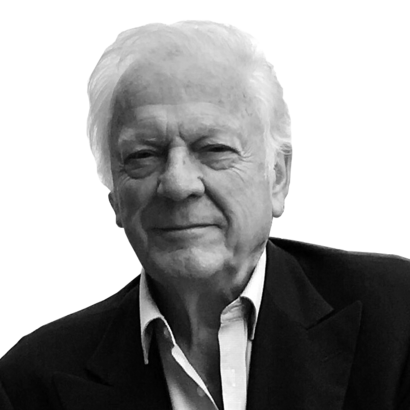Ray Bonner isn’t afraid to take risks. In fact, he seems to go looking for them. He was the first in his family to attend college. He made it through Stanford Law School and then joined the Marine Corps during the Vietnam War because, he says, “back then, I thought, ‘America right or wrong.’” His stint as a military lawyer was followed by jobs with Ralph Nader’s Public Citizen Litigation Group, Consumers Union, and the San Francisco District Attorney’s Office.
Then he got bored and went to Bolivia to become a reporter.


